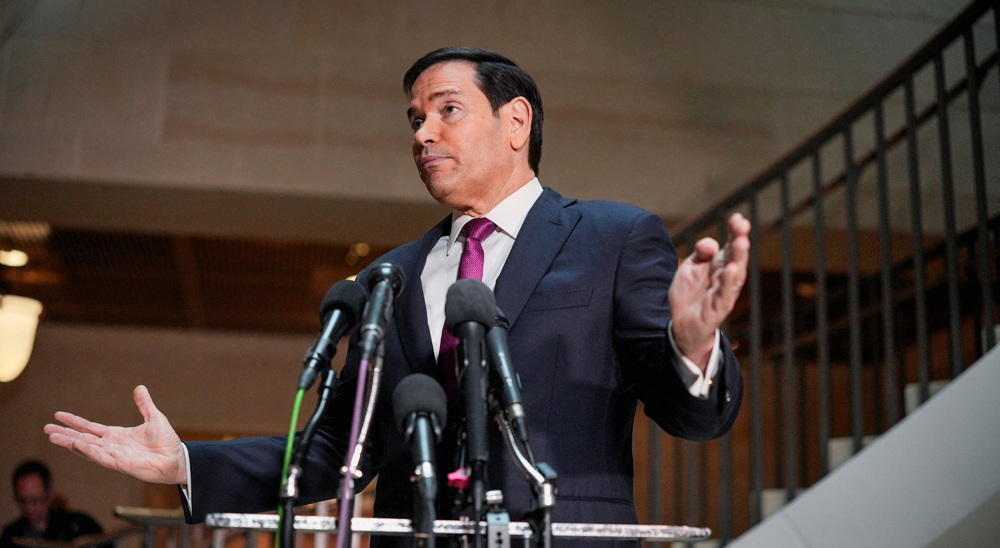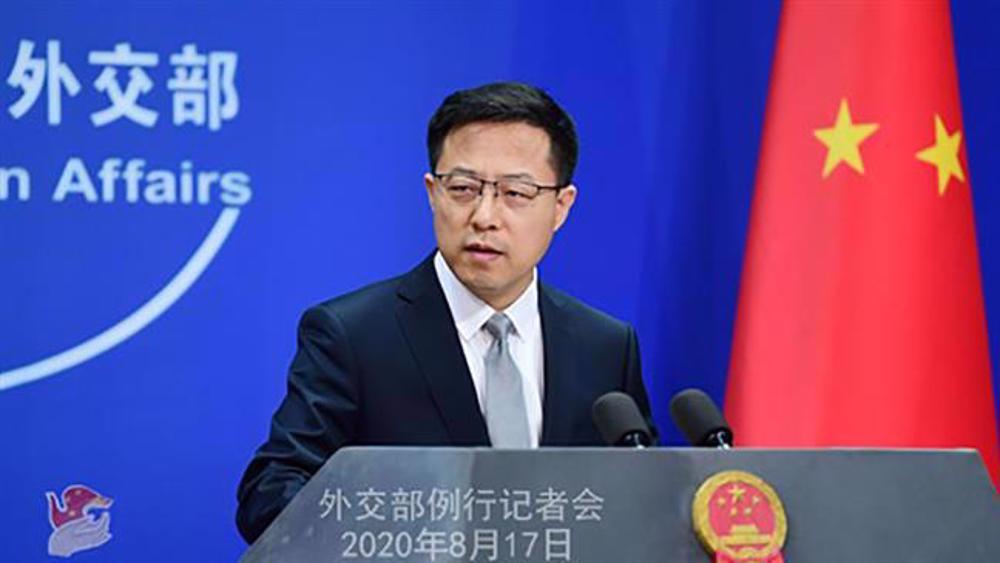US ambassador to China leaving post amid heightened tensions
United States Ambassador to China Terry Branstad will step down amid an escalation of tensions between Washington and Beijing over a whole host of issues.
The US Embassy in China said on Monday that Branstad was expected to retire from his post while media sources reported that he would leave Beijing before the November presidential election in the US.
US Secretary of State Mike Pompeo acknowledged the ambassador's "years of service" in a tweet on Monday.
I thank Ambassador Terry Branstad for his more than three years of service to the American people as U.S. Ambassador to the People’s Republic of China.
— Secretary Pompeo (@SecPompeo) September 14, 2020
"Ambassador Branstad has contributed to rebalancing US-China relations so that it is results-oriented, reciprocal, and fair," Pompeo added.
Pompeo did not give any reason for the ambassador leaving his post; however, he pointed out that Branstad had been initially chosen by President Donald Trump for the job because of "his decades long experience dealing with China."
Branstad has been "the best person to represent the [Trump] Administration and to defend American interests and ideals in this important relationship," Pompeo tweeted.
President @realDonaldTrump chose Ambassador Branstad because his decades long experience dealing with China made him the best person to represent the Administration and to defend American interests and ideals in this important relationship.
— Secretary Pompeo (@SecPompeo) September 14, 2020
Pompeo has not named the envoy's successor yet.
Branstad has overseen one of the worst episodes in US-China relations in recent history.
The US and China are currently at loggerheads over a range of issues.
As a case in point, Washington and Beijing have leveled accusations at each other over the origins and spread of COVID-19.
The US and China have also clashed over Hong Kong and Taiwan, US military patrols and navigation in the East and South China Sea, as well as the stealing of US corporate secrets that resulted in shutting consulates by both sides.
The two countries have also engaged in a trade war, with the Trump administration slapping tariffs on hundreds of billions of dollars worth of Chinese goods.
The Trump administration has also banned Chinese technology firms -- such as Huawei -- from the country's communications infrastructure and receiving US components.
In addition, the administration has placed visa restrictions on Chinese officials as well as Chinese nationals working and studying in the US.
Recently, Trump issued an executive order to ban Chinese-owned social media platform TikTok from operating in the US.
These issues among others such as the US sanctions slapped against North Korea, in addition to allegations of China's interference in the upcoming US presidential election in favor of Trump's rival, and Chinese President Xi Jinping's revival of the Silk Road and his initiative to strengthen China's military, have been some of the issues at the heart of the standoff between the two countries.
‘Law of jungle’: China says Israeli-US aggression against Iran must stop
Iran says committed to regional security; retaliatory attacks only target Israel, US assets
'Blatant war crime': Iran denounces US-Israel strikes on Gandhi hospital in Tehran
IRGC spox: 650 casualties for US military in two days as Iran missiles force aircraft carrier to fle
Tehran warns of false-flag operations, says Israel ‘undoubtedly’ seeking to widen war
New wave of attacks devastates key US base in Bahrain as Iran strikes back
Melania Trump chairs UN children's meeting as Iran buries kids killed in US-Israeli attack
Why Iran’s Leader refused special protection, leading from the front until last breath















 This makes it easy to access the Press TV website
This makes it easy to access the Press TV website